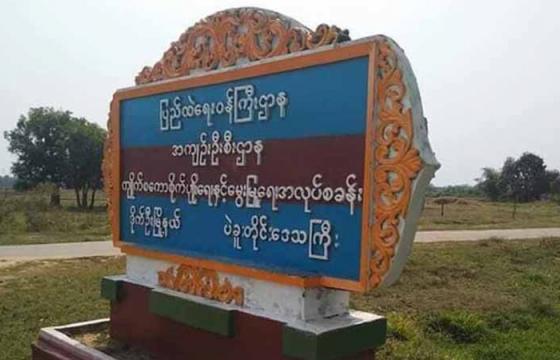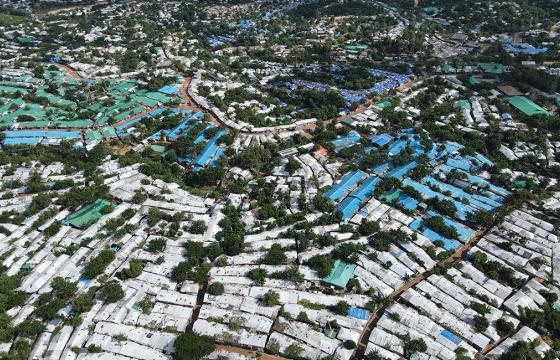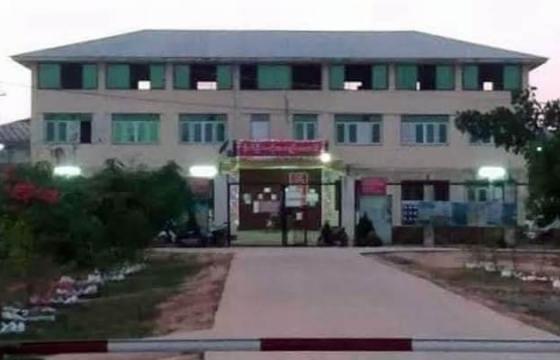Families in Maungdaw have no food and are being prevented by government officials from fishing and farming, according to a local elder and an activist.
The northern Rakhine State township has been subject to a security crackdown since last October. Prior to the counterinsurgency “clearance operation”, the area had a large population reliant on food subsidies and a higher than average rate of children with acute malnutrition. Humanitarian aid agencies have only gained intermittent access to the area in the wake of the security operation, however.
Rahamat, an elder from Maungdaw township, said the Rohingya Muslim population is not getting adequate food due to a lack of work and heavy restrictions on their movement.
He added that officials have seized farmland, and Rohingya fishermen have been prevented from working ever since security forces began pouring in to the western border strip.
Mohin, a local Rohingya activist, said that government authorities have tightened fishing license requirements. Fisherman have been told they must be registered before going out on the water, but when Rohingya try to register, they are asked for their National Verification Card. The NVCs, IDs given to non-citizen, were rejected by many Rohingya because the documents do not allow for self-identification of ethnicity and are not full citizenship documents. Those without the cards face heavy restrictions on their movements.
“Even Rohingya community members who want to travel between one village and another must have the NVC card,” Mohin said.
These restrictions are taking a severe toll on Rohingya families and their ability to eat. Mohin said he has visited several villages throughout Maungdaw township this month, and found numerous instances where children are starving.
Mohin said one 32-year-old widow he met has to go door-to-door each day with her three children, begging for food. If they are lucky, they can eat once a day.
He worried that many children are suffering from vitamin deficiencies, in addition to stunting and wasting.
According to the UN, around 3,400 children in the northern part of Rakhine State were being treated for severe acute malnutrition prior to the start of the security campaign. Malnutrition rates are believed to have risen in the interim.







